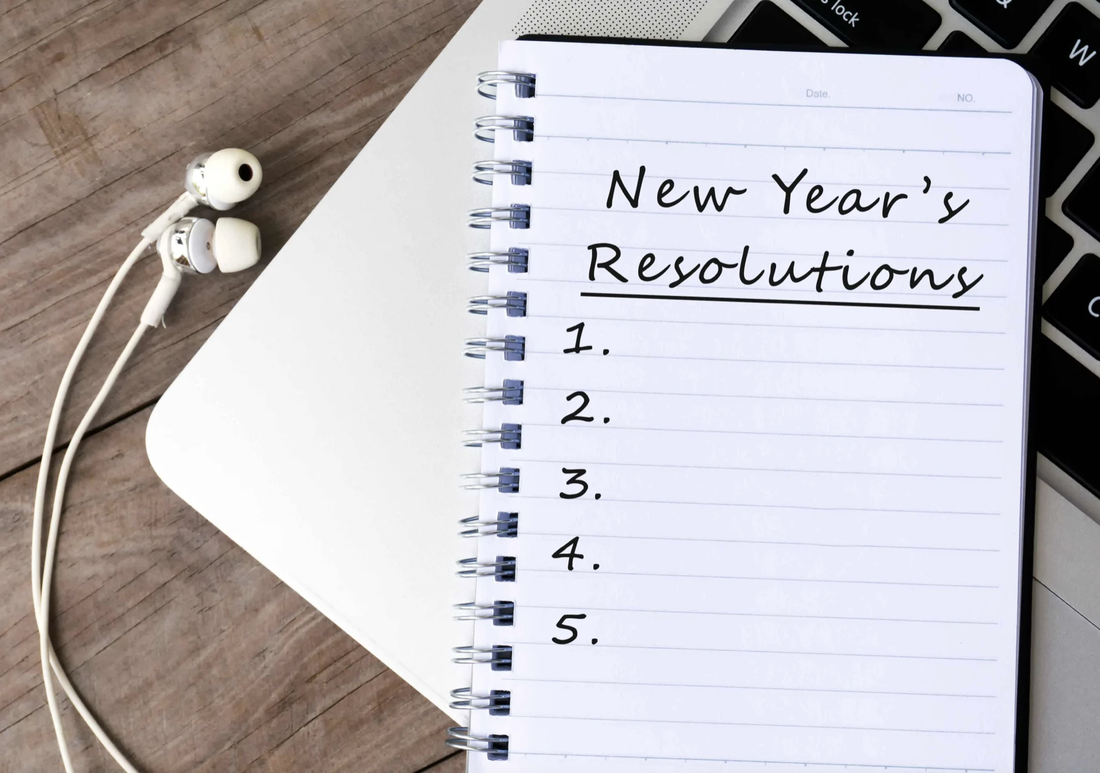|
"Checking In On Your Passion"
Whether you’re talking about business goals or our personal lives, passion is the all-important motivator that gets us to where we want to be. Sometimes it strikes us out of nowhere and suddenly we find ourselves chasing a new horizon. But other times, before we realize it, passion can quietly drain away and leave us wondering why we ever started doing something in the first place. That’s why it’s worth it to check in on your passion now and again and evaluate how you’re feeling. What this means is taking a step back and seeing if what you want has changed since you initially set out to achieve a goal. You can ask yourself a few basic questions to start:
These are just a few examples of questions you can ask yourself periodically to make sure you continue to direct your time and energy toward things that truly matter to you. This evaluation is also useful because it can reveal whether or not your processes need to adapt in order to achieve your updated goals or adjust to the unplanned things that come up in life. What you wanted a year ago might not be exactly what you want today, and being honest with yourself will ultimately ensure that you don't end up burning out.
74 Comments
 There’s not really a good reason to wait for January 1st to refocus, recommit and shake loose of things that aren’t doing us any good. But as much of the world pauses to take a breath before diving into the next calendar year, many of us can’t help but take it as a cue to reflect on ourselves and resolve to do better going forward. We look for bad habits to break, we think of goals we’d like to achieve, and we dream of transformation. It all starts with taking a single step. Can you remember where you were a year ago? There are probably details that have gotten fuzzy, and those might have been things that seemed very important at the time. But a lot can change in twelve months. Unexpected circumstances arise, and we adapt. Your past self might be surprised by how your priorities have shifted, and what unexpected opportunities you’ve jumped on along the way. Perhaps that’s what we should all commit to at the start of the year: to take bold action, be more decisive, and commit to putting one foot in front of the other even if the destination seems impossibly far away. After all, though the past year may seem like a blur, you had to live every day of it. We should commit to surprising ourselves, to achieve results that exceed the vision we have today. At the end of this year, we should be versions of ourselves that today’s version didn't imagine. It won’t be easy. It’ll take dedication and discipline to walk this path. It will take resilience to get over the setbacks. It may take humility to recognize when a change of plans is called for. The good news is these are all qualities that anyone can cultivate. No superpowers necessary: just a commitment to ourselves and to our loved ones to be the best people we can be. Our goals, big and small, may not be easy to achieve. But by striving to achieve them we can’t help but elevate ourselves and inspire the people around us. It’s alright if you have doubts. What’s important is that you commit to that first step. Is Therapy the Answer for Post-Pandemic BDD?
Recently, I read an article in The Wall Street Journal discussing the rise of BDD (body dysmorphic disorder) in men as a result of the pandemic. In short, men who may have had body image issues before the pandemic and had committed to workout regimes to try to get into the shape they wanted to be, had their routines disrupted by pandemic shutdowns and wound up putting on weight and getting out of shape. Now, emerging from COVID-induced isolation they are struggling with BDD. The article frames this primarily as a mental health issue. I believe BDD is real and that it’s great that men are seeing the issue as less of a stigma and can talk more freely about it. Where my disappointment in the article begins is the point at which the article suggests therapy and medication as the solutions to the issue, along with fostering a culture of body-positivity and acceptance among men. Medication and therapy can certainly help if there are underlying mental health issues for an individual suffering from BDD which feeds into the problem. Body-positivity also has value if it leads to people treating each other with respect and kindness. The problem lies where body-positivity and a focus on mental health becomes a “Get Out of Jail Free” card that someone can use as an excuse to abandon exercise. For numerous reasons beyond just body image, incorporating exercise into daily/weekly routines is a positive lifestyle choice that shouldn’t be abandoned. A person’s acceptance of their current state of fitness should not act as a barrier to attempts at self-improvement and positive change. This goes hand-in-hand with a person’s intellectual and moral development; one should always strive to become a better version of themselves. What that looks like is different for every person, they don’t have to measure themselves against anyone else’s progress. The competition is within, and if you know you’re engaged in the struggle to be better, the reward is greater than just better physical fitness. For anyone who was working out before COVID and found that the disruptions to their routines started leading them down the path to BDD, or exacerbated problems that were already there, the answer is simple: get back out there! Anyone who was already trying to be the best version of themself should be encouraged to start again, and anyone who wasn’t should know that there’s no time like the present. Around Thanksgiving people take the time to reflect on the things they’re grateful for, and a few months later at New Year’s people take a look back on how the past year went and try to plan to make the coming year even better. The thing is, why should these periods of reflection and gratitude only come on a few holidays and maybe on their birthday? There’s something to be grateful for every day, and the end of every day is a great time to reflect on how the past day went and how the next day can be better!
It could be that our culture today encourages people to always be thinking of another time, another place, the what-ifs and maybes, rather than focusing on our immediate circumstances and the things we have control of. We celebrate the milestones but not the incremental steps it takes to reach them, which makes motivation difficult to sustain. And that’s the trick: motivation is a great way to maintain momentum once you’re going, but it’s discipline that makes you start. Especially when you don’t feel like it, discipline is how you achieve consistency, and consistency is how you achieve results. It’s not glamorous, and the gratification is far from being instant, but consistent effort is the key. Discipline is much easier said than done! And on a day-to-day basis, and for every person, discipline looks different. 110% effort doesn’t always look the same. On our worst days, 110% effort might be about summoning the will to take care of the bare necessities. But on better days, a moment to reflect on our gratitude for the things and opportunities we have is a powerful way to make self-discipline feel less like a punishment and more like a source of strength. There are many things we can’t control, sometimes not even ourselves. But with a little work we can try to cultivate an attitude that keeps us putting one foot in front of the other toward the goals we’re striving for in all aspects of our lives. -Dennison Silvio CEO |
AuthorDennison Silvio Archives
March 2023
Categories |

Sportset Health & Fitness Club
60 Maple Avenue, Rockville Centre, NY 11570
516-536-8700
(entrance in parking lot)
email us: [email protected]
60 Maple Avenue, Rockville Centre, NY 11570
516-536-8700
(entrance in parking lot)
email us: [email protected]

 RSS Feed
RSS Feed